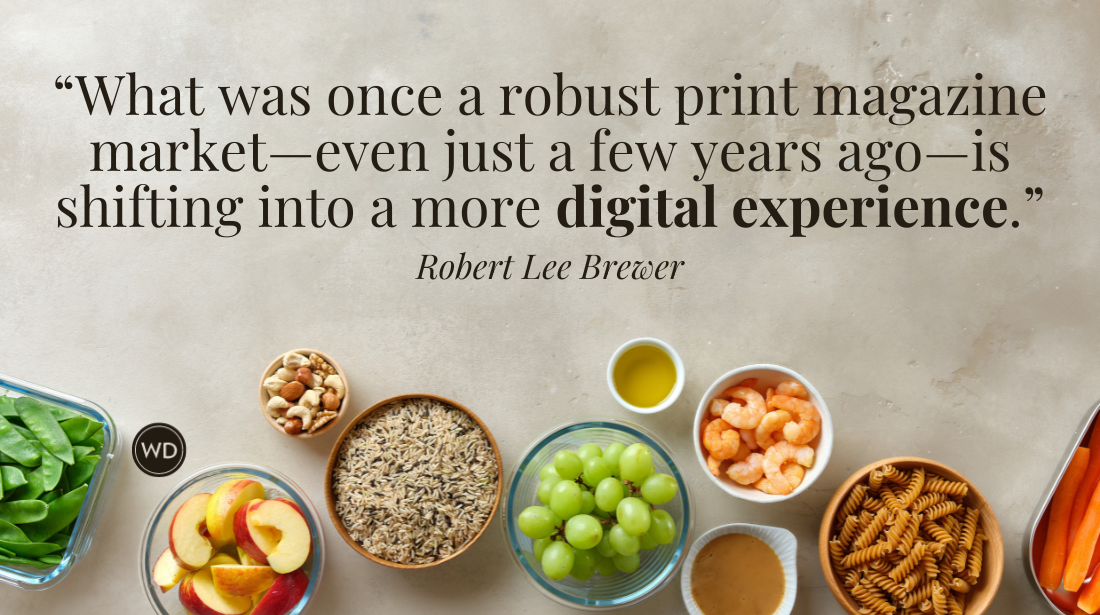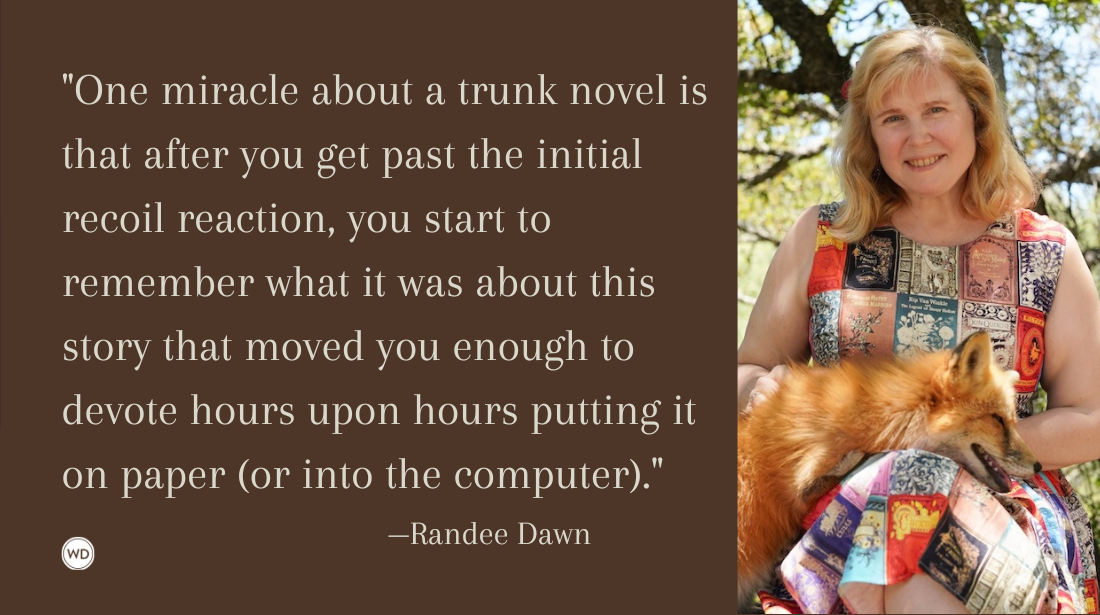Should I Pay For A Publicist?
If you are like me, the very words “marketing” and “publicity” exhaust you. Here’s what you need to know about hiring a publicist.
We all know that the first and most important step in the long journey to holding our book in our hands is to write a great book, including paying for the services of a good editor, and for a good cover designer. We all know that if we want anyone other than our family and friends to read our page-turner or quiet masterpiece, we must find ways to let potential readers know about it, and as a consequence look forward to reading it.
Order a copy of Jenni Ogden's A Drop in the Ocean.
If you are like me, the very words “marketing” and “publicity” exhaust you. Still, there is nothing for it but to get on with it and read the numerous Kindle books on the subject. Soon you’ll be clicking into the free webinars run by crazily successful entrepreneur writers who have 20,000 subscribers on their e-mail lists and write three or more books a year, usually in the same gripping series.
But what if this is your first book and it took you years to write? What if your next book will take another two years to write? What if your books are the kind that still sell well in actual bookshops rather than as e-books? What if you want to see if they might sell in a bookshop? If this is a goal, you will need to find a distributor who sells into bookshops. This could be via a good, high-quality pay-for-service or partnership publisher. If you are published by an independent press who covers all your publishing and distribution costs, hats off to you, but you may still decide you need your own publicist.
A publicist’s job is to find publicity for your book and for you, the fascinating author of this and future books. Publicity is free coverage of your book in the media, such as reviews and interviews and stories about you. Marketing is a different beast; it is paid coverage. This might be in the form of Facebook ads, Goodreads giveaways and so on.
The downside of good publicists is that they are not cheap. They will probably cost you considerably more than that fantastic editor because they need to spend more hours over a longer time period working for you and your book. A standard fee for an experienced publicist in the US might be $100 an hour, and you will need their services for four months prior to publication and two to three months after. Not, of course for 40 hours a week, but perhaps for 50 to 100 hours in total, spread out over the time period required. That’s $5000 to $10,000 for a modest publicity campaign. If you want bells and whistles such as bookstore tours and website design, their fee may be much higher. On top of that will be the cost of book galleys, postage of those galleys to reviewers and media, contest fees, and more. Chances are, you may not recoup this investment. But here’s the thing; if you intend to write more books, the right publicity will help get your name and your writing voice known and build those crucial loyal readers. If you have already spent 2000 plus hours writing your book and have invested in an editor, copy-editor and cover, then what is better: investing more dollars wisely and hoping you will sell enough books to make your losses less painful (or even make a profit); or selling 100 copies to friends before your book sinks without trace?
So how can a publicist assist you to achieve these miracles? From my experience so far— as an author of a first novel and not as a publicist—here are some of the things publicists do: (i) they read your book and love it, and feel confident that they can find story lines (angles) that relate to you or the themes in your book that will interest your target potential readers; (ii) they know how to write a press release and the other stuff that a press kit needs, and they know who to send it to and when; (iii) they know the right way to pitch to media (print, blog sites, trade reviewers, interviewers, TV, radio) and they have a long list of contacts they can choose from; (iv) they come up with angles you hadn’t thought of for articles and blog posts that you write, with your name and new book details attached (your byline), and that they pitch; (v) they plan your publicity campaign and keep you on track, making sure deadlines aren’t missed; (vi) they suggest contests you might enter, and enter your book; (vii) they put your book on sites like Netgalley to garner reviews, and when appropriate they follow up on their queries and submissions; (viii) they may organize blog tours, in-person book tours, social networking and websites; (ix) they stay cheerful and optimistic and keep you calm and focused, and they celebrate your small and large achievements along the way.
Perhaps you can do it yourself? Yes, you can, but it will take a lot of time, research and trial and error, and likely won’t be as effective as a good publicist would be. That’s the beauty of experts and why I go to a doctor if I think I have some terrible illness rather than experimenting with treatments purchased over the internet.
OK, so you’ll hire a publicist. How, who, when? The same rules apply as for finding the right editor. Finding a publicist should begin as soon as you have decided you want your book in bookshops and you have a distributor who can hand-sell to booksellers (or you plan to take a road trip and do it yourself out of your car boot). Seek recommendations from trusted author and publisher friends; interview a few publicists before you decide; before you sign a contract, make sure the publicist reads and “gets” your book and can genuinely be a champion for it; ask for the names of their other authors who write in your genre and contact those authors and ask them for their confidential opinion; seek a publicist you feel at ease with; check how flexible they are regarding their time (for example do they offer set packages that run for a set time, or will they spread their time out over a longer period, which may work more effectively for your book); find out how they prefer to communicate and make sure this fits with your preferences; sign a formal contract.
Be ready and willing to play your part. This means being an effective communicator and meeting deadlines if you are writing articles and blog posts, preparing well for interviews and book tours, and showing up on time.
The biggest plus of having a great publicist is that it becomes fun when you have someone on your side—even if they are paid to be there—sharing your triumphs, whether it is a fabulous review from an unknown reader or that call from Oprah!
Jenni Ogden has an international reputation as a clinical neuropsychologist and was awarded the Distinguished Career Award by the International Neuropsychological Society in 2015. She is the author of Fractured Minds and Trouble In Mind. Her first novel, A Drop In The Ocean, is published this May. Visit her at www.jenniogden.com. Visit her on Facebook, on Twitter @jenni_ogden or at jenniogden.com.








